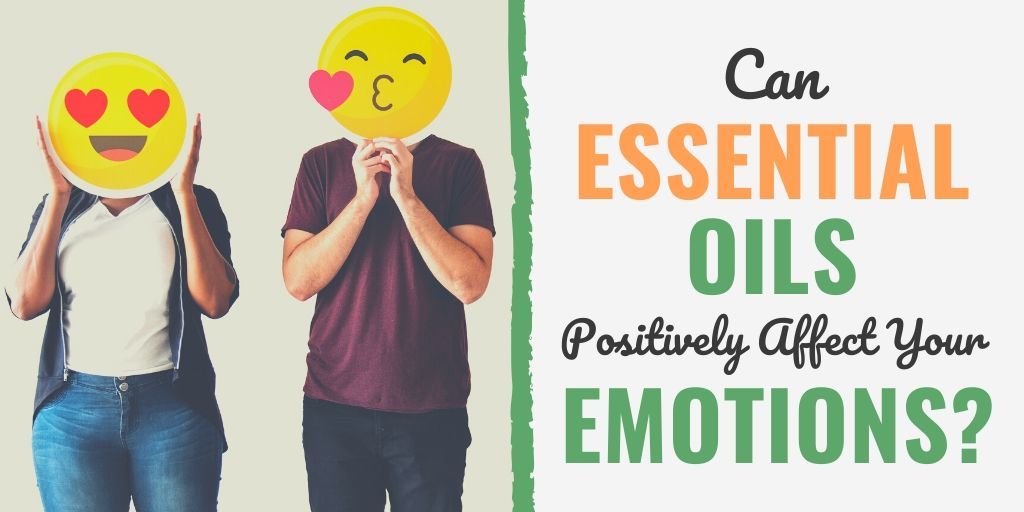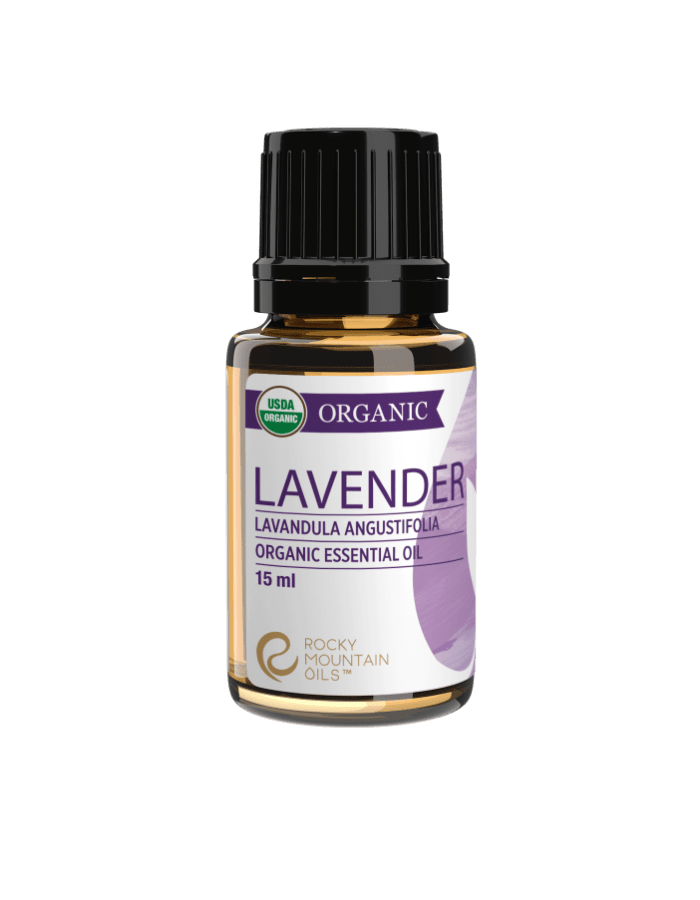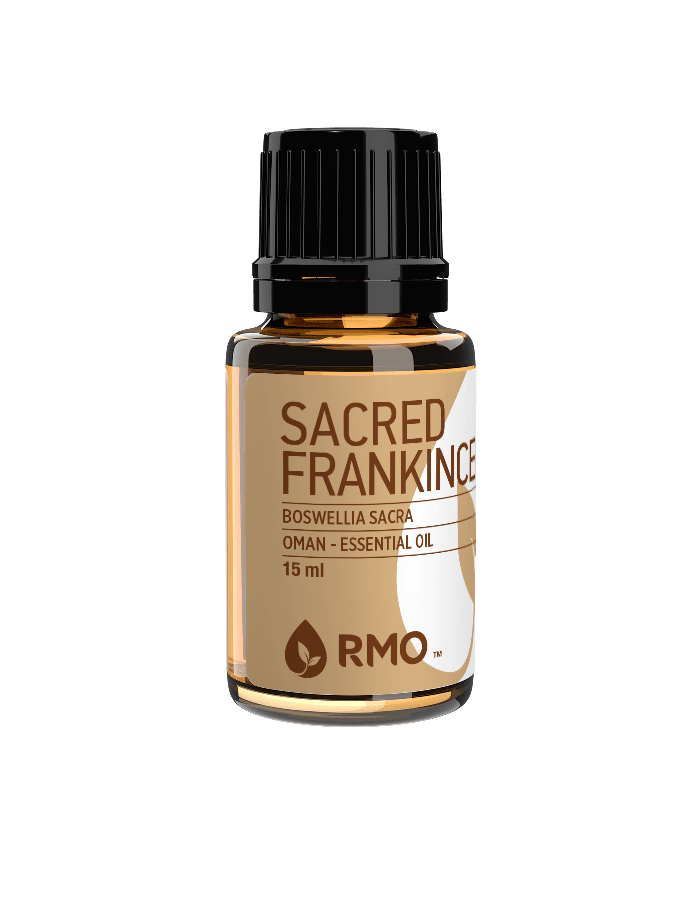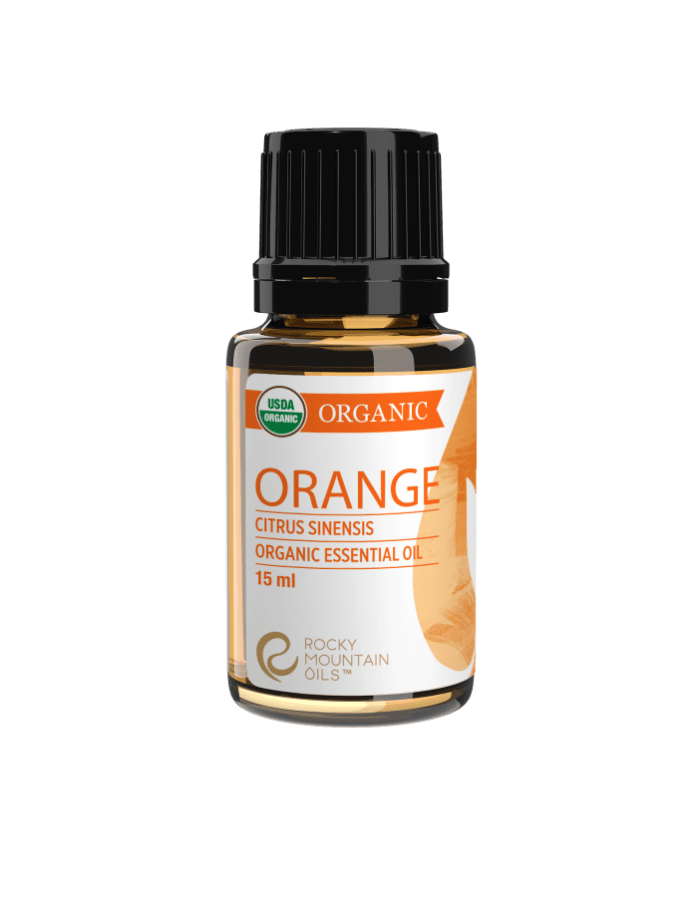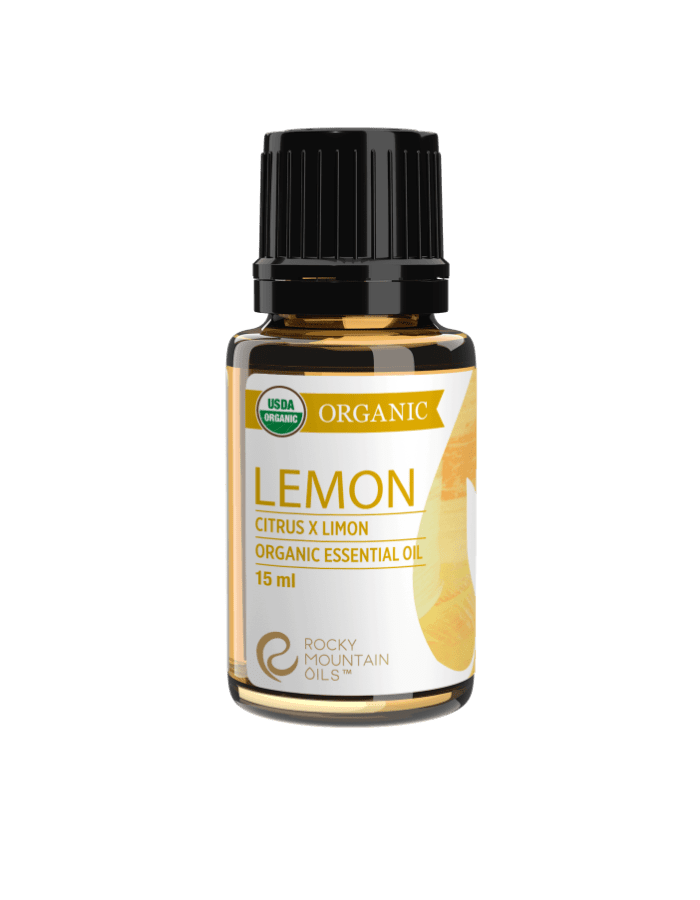While essential oils have been used for more than 6,000 years and their healing effects on improving health have been confirmed by innumerable studies, it’s a pretty recent discovery (related to the last few decades) that the chemistry of essential oils may positively affect the way we feel, think and act, that is to say that essential oils can work on the mood and on the emotions.
It’s an amazing truth, essential oils are deeply connected to the emotional wellness: while they can play a wide range of roles in supporting and maintaining optimal health, they can also assist us in balancing our emotional stability.
Of course essential oils cannot be considered a miracle cure for emotional issues but they do have the potential to greatly help in supporting and healing emotional wellness by creating a sense of calmness and wellbeing, or producing an uplifting environment.
Let’s see more in details how this whole process works and how essential oils can positively affect the emotions and the mood.
Essential Oils And Emotional Health
It’s a well known and acknowledged truth: modern life is incredibly stressful!
Life has became fast, risky and extremely difficult to be lived in a peaceful and relaxed way. And in addition to all the pressures coming from this hectic way of of life (demanding job, family, social life), people need to face all the issues related to their personal life. The result is the tendency to feel more and more overwhelmed.
The emotional health can deeply influence how the body feels and functions. A state of emotional distress can lower the overall quality of life and can affect the decision-making process as well as the way of responding to events and of interacting with others. Stress, anxious feelings, fears, troubling emotions can seriously impact the mood in a very negative way.
Many companies producing essential oils today stress the fact that oils can help people in focus, relax, get calm, sleep well, get energize. The Aromatheraphy industry keeps telling us that essential oils can influence our mood.
But do essential oils really have that much of an impact on the emotions? And if they do, how does it work? Is it possible that just inhaling a couple of drops can affect people in such a strong way?
The answer to all the above questions is yes. Countless reseraches and studies have given evidence of how Aromatheraphy may positively affect emotions and mood, in its help in relieving particular emotional issues and emotional states.
How Do Essential Oils Affect Emotions?
Essential oils affect the emotions directly through the nose.
Our sense of smell is much more accurate and sensitive than any other senses. Scent travels faster to the brain with smell than it does with sight or even sound.
The study of Olfaction – the technical term for the sense of smell – is an emerging science which is actually validating what our nose is already telling us: our sense of smell is extremely powerful, much more than we think, and it has a great influence over the thoughts, moods, behavior and memories.
It frequently happens that some smell or scents may remind us of certain events that happened in life. And this usually happens in an incredibly quick time-frame: scents can evoke a memory in a matter of milliseconds! This is a natural process and there’s nothing magical in it but only a strong and precise scientific explanation which can be found in the biology of the olfactory system, that is the system executing the olfaction.
Olfaction is totally different from the other senses that the human body possesses and is really unique as it’s the only one of the senses that is processed in the limbic system, right alongside thoughts and emotions.
Scents that are inhaled are processed through a totally different pathway: before they reach the brain, they travel through the areas of the brain that control memory and emotions. This is exactly how essential oils molecules can impact on the emotions and mood: they stimulate the limbic system of the brain or the “emotional brain”.
In order to better understand the deep connection existing between essential oils and emotions, it may be useful to journey a little bit into the olfactory system and into the brain in order to understand how they work and how essential oils interact with the emotional brain.
Essential Oils And The Emotional Brain: A “Smelling Journey”
How do essential oils move within the Olfactory System?
The journey of the essential oils to the brain starts with the essential oils molecules – tiny bits of the oils itself – travelling through the nose up to the olfactory epithelium. Next, the olfactory receptors (called cilia) in the olfactory epithelium are stimulated by the aroma and at this very moment the receptors are activated and triggered into action, and send an electrical signal to the olfactory bulb, that is placed very closed by.
The olfactory bulb is the most forward part of the brain and has several layers. It helps to transmit the smell information from the nose to the brain, and its activity is crucial within the whole olfactory system process: the olfactory bulb accomodates special cells (mitral and hair cells) that receive the signals about the essential oils molecules and transmit them directly to the brain.
When essential oils molecules get to the olfactory bulb, they have reached the crux of their route: once the receptors (hair cells) detect the essential oils molecules, they send messages directly to the brain area called limbic system – or emotional brain -, which is the region responsible for emotion, behaviour, motivation, memory and learning.
Therefore when we inhale tiny molecules of essential oils we are communicating directly with the emotional area of the brain.
The limbic lobe is located below the cortex of the brain and is made by a group of brain structures, including amygdala, hippocampus and hypotalamus. The limbic system is the emotional centre of the brain and it’s responbile for many aspects of the body and mind: hormone levels, stress, memory, emotions, heart rate and may more.
Essential oils are so “powerful” in terms of their interaction with emotions and feelings because the sense of smell is the only way to stimulate the emotional brain. This is the reason why essential oils work so well and can really impact on our emotional life and behaviour.
It’s “just” a matter of science and biology. Feelings of stress, anger, depression, joy, anxiety all originate from the limbic lobe of the brain and the essential oils molecules relay their scents and principles directly into that area.
Essential Oils And Emotions: A Chemical Connection And Interaction
What we have learned so far may sound like a complex process, but the crucial information is that the link existing between smelling and the limbic system is the same link that exists between essential oils and emotions.
The next step we need to do now in order to “complete the circle” is to undertand which is the nature of the connection existing between essential oils and emotions and – key issue – how can the oils positively impact on emotions and feelings.
It’s all about chemical and limbic system.
Essential oils are made up of natural and aromatic compounds. While we perfectly know and understand how they work with the different systems of the body (lavander calms irritated skin, peppermint stimulates digestion, malaleuca promotes healing, just to name a few oils/effects … ), the aromatic compounds of the oils work within the limbic system of the brain, through the olfactory bulb. Working through the olfactory bulb, some essential oils can calm certain areas of the limbic system, other can stimulate other areas.
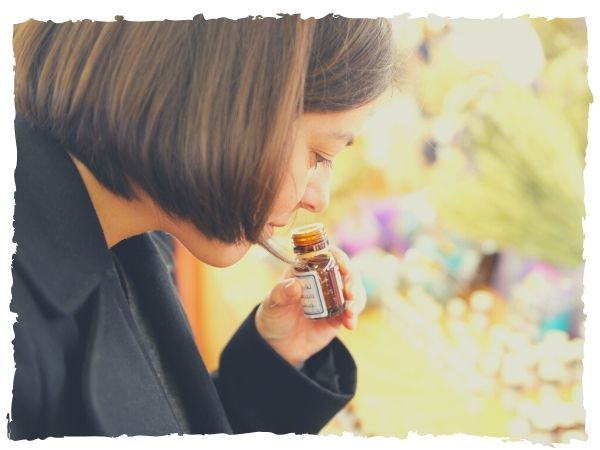
They can increase courage or bring up memories, they can soothe and calm anxiety, they can increase confidence. And all this is activated through their chemical interaction with the limbic system.
The scientific community has recently begun to do several researches and lab testing in order to better understand the power of the essential oils on the emotions and on the brain activity.
The results are pretty interesting:
“The psychological changes induced through the fragrance inhalation of essential oils are generally related to the modulation of olfactory nervous system. Through the olfactory system, the olfactory bulb receives the fragrance signals and provide input to other centers that modify neuronal activity. Fragrance affect spontaneous btain activities and cognitive functions”. (Robins 1999, Kutlu, Cecen 2008).
“When you smell essential oils, your body can respond by releasing endorphins (which helps relaxation), serotonin (which improves a sense of overall peace), and even noradrenaline (which is a stimulant). (Woods Lavoie, 2001).
Today the science and tests can confirm that essential oils do have significant and positive effects on thinking, mood, stress and anxiety.
The brain responses to the tests confirm that the act of inhaling frangrances can help the body to calm, to relax, or to get energized.
And all this just from smelling!
Aromatheraphy And Emotions: Some Essential Oils You Need To Know More About
Quite a lot of essential oils have been studied and defined as “powerful tools” for their incredibile help in healing and supporting healthy emotions.
Here below, we suggest the 4 best essential oils for emotional health but of course, it’s worth trying more than these!
Lavender
Famous for its calming and relaxing properties, Lavander oil is often used for emotional health because it promotes soothing feelings of calm and self-awareness, while easing feelings of tension.
Frankincense
Powerful cleanser of the spirit, Frankincense helps support grounding during times of pain and troubles, and helps develop positive thoughts during times of negativity.
Orange
The revitalizing aroma of Orange can provide a boost of energy on a stress-filled moment. The fresh scent of Orange helps to inspire feelings of joy, abundance, positivity.
Lemon
The uplifting and invigorating properties of Lemon make it one of the most famous and versatile essential oils of the industry.
Final Thoughts on Essential Oils and Emotions
Essential oils represent an incredibile resource for healing so many diseases and that’s why their application has a very long history.
The good news which has been recently confirmed by scientific studies, is that essential oils are also a valid support for issues related to the emotional health, which is a key aspect of our overall wellbeing, especially during these modern – and often though – times.
Essential oils do have a positive impact on emotions and mood and while they are not a miracle cure for grave emotional issues, countless researches confirm that they can really help in relieving emotional states by creating a sense of calmness and wellbeing, or producing an uplifting environment.
We can definitely state that “peace and happiness smell delicious”!

Pamela Sironi is a passionate writer, blogger, yoga, teacher, mom and essential oils addict. She has studied with experts, made trainings, webinar and workshops on how to use essential oils in life, at 360°. Today she uses essential oils to improve her family’s health and mood, to relax, to focus, to energize… for a thousand and more reasons!


